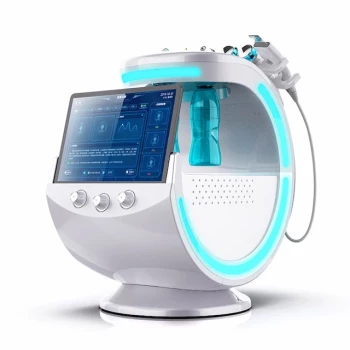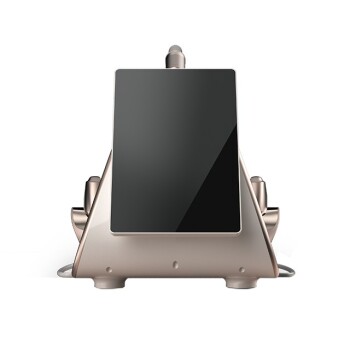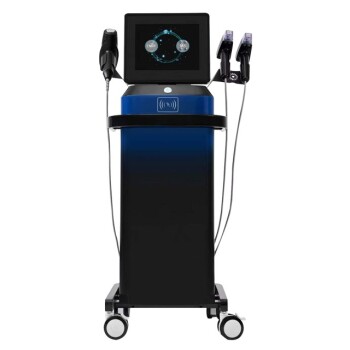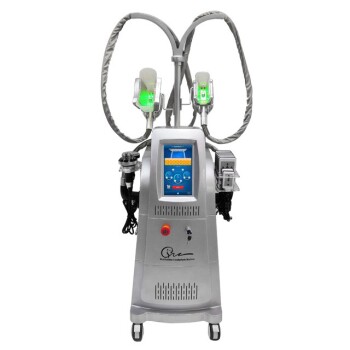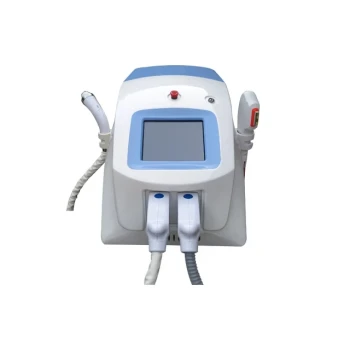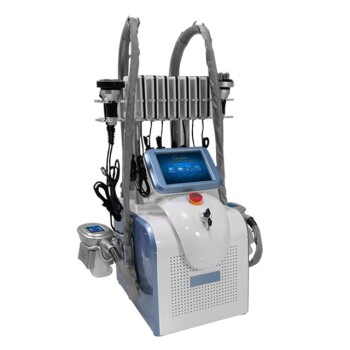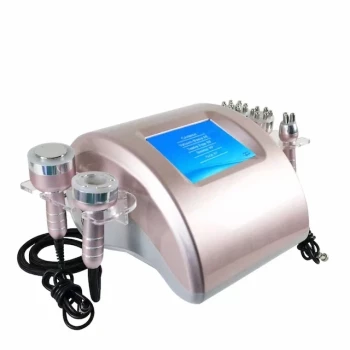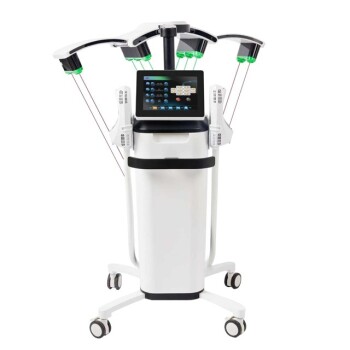While the HydraFacial is famously versatile, it is not universally suitable for every single person at all times. Although it is designed to be safe for a wide variety of skin types and concerns, there are specific conditions and circumstances where the treatment should be avoided or postponed.
The core principle to understand is that while HydraFacial's technology is broadly applicable, its suitability for an individual depends heavily on their current skin health, active conditions, and medical history. The key is not just if you can get one, but when.
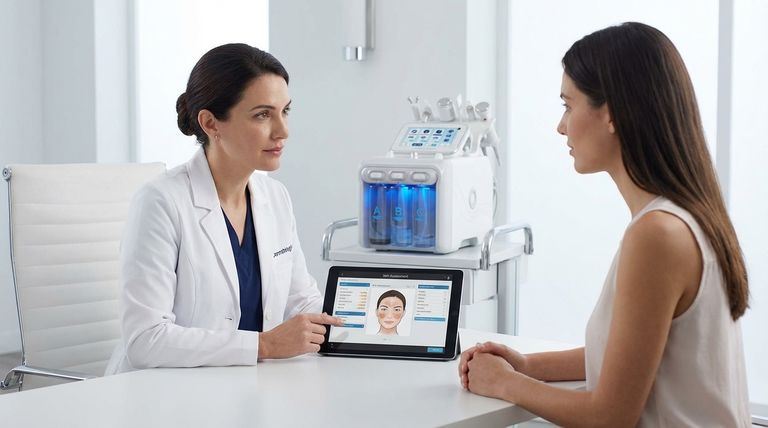
Why HydraFacial Is So Widely Recommended
HydraFacial has built its reputation on being an effective and highly accessible treatment. This is due to a few fundamental aspects of its design.
Gentle and Non-Invasive
The treatment uses a patented vortex-fusion technology to cleanse, exfoliate, and hydrate the skin. Unlike more aggressive procedures like chemical peels or microdermabrasion, it is exceptionally gentle and does not break the skin's surface, resulting in minimal irritation and no downtime.
Customizable for Different Needs
A significant advantage of the HydraFacial is its ability to be tailored. Skincare professionals can choose from a variety of specific serums, or "boosters," to target unique concerns such as fine lines, dark spots, or uneven texture, making it adaptable to individual goals.
Addresses Common Concerns
The multi-step process effectively targets the most common cosmetic skin complaints. It can improve hydration, reduce the appearance of pores, brighten skin tone, and smooth overall texture in a single session.
Critical Contraindications: Who Should Avoid a HydraFacial
Objectivity requires acknowledging that no single treatment is a perfect fit for everyone. Certain conditions can make a HydraFacial ineffective or even harmful.
Active Skin Conditions
You should not get a HydraFacial if you have an active rash, sunburn, or infection like a cold sore in the treatment area. The procedure could exacerbate these conditions and spread bacteria.
Severe Acne and Rosacea
While HydraFacial can be beneficial for mild acne and redness, it is generally not recommended for those with severe, cystic acne or during an active rosacea flare-up. The suction and active ingredients could cause significant irritation.
Specific Allergies
The serums used in a HydraFacial contain various active ingredients. It is crucial to disclose all known allergies to your provider, particularly to shellfish (some boosters contain ingredients derived from it) or aspirin (salicylic acid is a key component).
Recent Treatments or Prescriptions
If you have recently had other skin treatments like Botox, fillers, or laser therapy, you must wait for the recommended period before a HydraFacial. Furthermore, individuals who have used Isotretinoin (Accutane) in the last six to twelve months are typically advised to wait due to heightened skin sensitivity.
Pregnancy and Breastfeeding
Many practitioners recommend avoiding HydraFacials during pregnancy and breastfeeding. While the risk is considered low, certain ingredients, like salicylic acid, are generally avoided during this time as a precaution.
Making the Right Choice for Your Skin
Ultimately, the decision comes down to a professional assessment of your skin's current state and your overall health.
- If your primary goal is a non-invasive refresh for dull, congested, or dry skin: A HydraFacial is one of the most reliable and effective options available.
- If you are managing an active or severe skin condition like cystic acne or a rash: You must consult a dermatologist to treat the underlying issue before considering this type of facial.
- If you are pregnant, breastfeeding, or on potent medications like Accutane: Prioritize safety and consult with both your physician and a qualified skincare professional before proceeding.
The most critical step is always a thorough consultation with a licensed and experienced provider.
Summary Table:
| Who is a Good Candidate? | Who Should Postpone or Avoid? |
|---|---|
| Most skin types seeking a gentle refresh | Active rash, sunburn, or infection (e.g., cold sores) |
| Individuals with mild acne or uneven texture | Severe, cystic acne or active rosacea flare-ups |
| Those looking to improve hydration and brightness | Known allergies to ingredients (e.g., shellfish, aspirin) |
| People with no downtime for recovery | Recent skin treatments (Botox, laser) or use of Isotretinoin (Accutane) |
| Pregnant or breastfeeding individuals (as a precaution) |
Ready to offer your clients a superior, customizable facial treatment?
BELIS specializes in professional medical aesthetic equipment, serving medical aesthetics clinics and premium beauty salons. Elevate your service menu with reliable, high-performance HydraFacial machines to deliver exceptional results safely and effectively.
Contact us today to discover how our equipment can become a cornerstone of your success.
Visual Guide
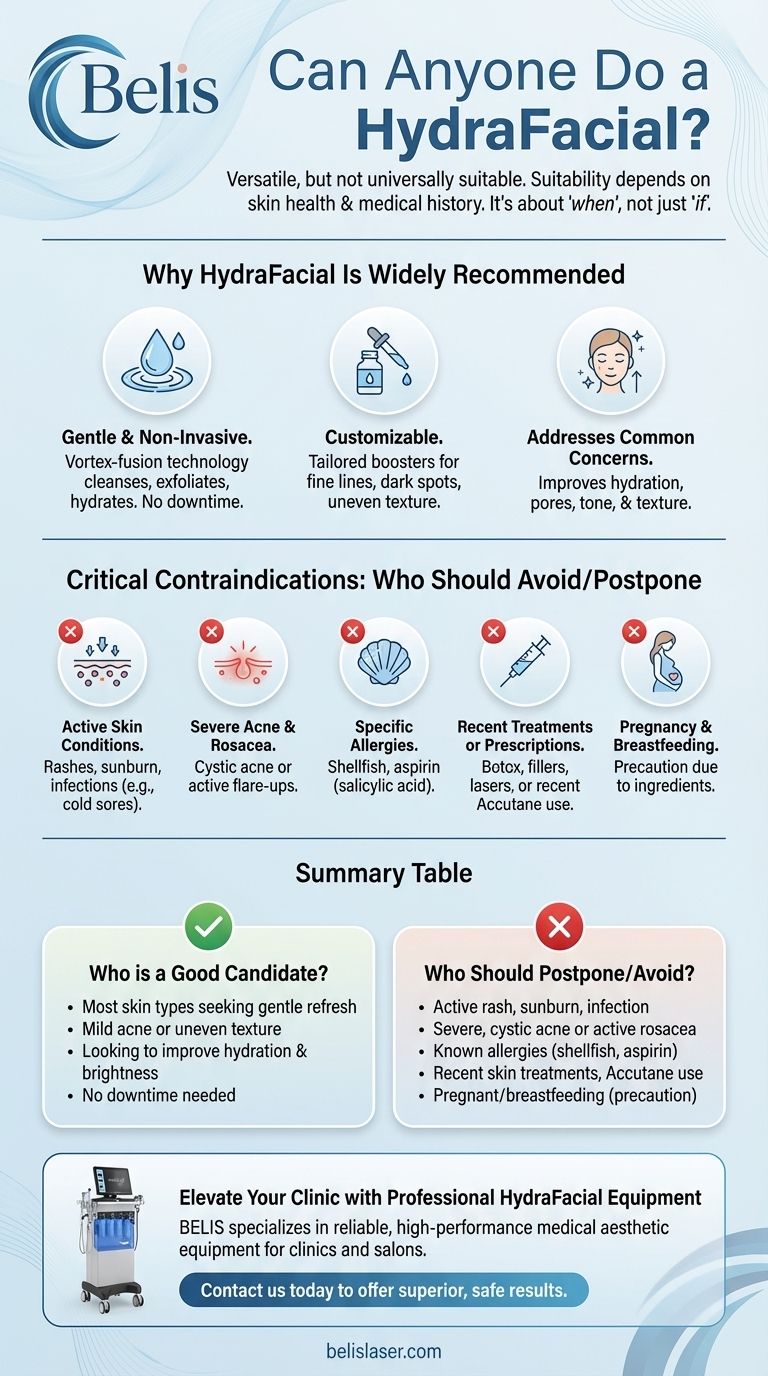
Related Products
- Hydrafacial Machine Facial Clean Face and Skin Care Machine
- Hydrofacial Machine with Facial Skin Analyzer and Skin Tester
- Hydrafacial Machine with Facial Skin Analyzer Skin Tester
- 4D 12D HIFU Machine Device for Skin Tightening and Lifting
- 12D HIFU Machine Device for Facial HIFU Treatment
People Also Ask
- How frequently should I do a HydraFacial? Optimize Your Skin's Health with the Perfect Schedule
- How does the hydrodermabrasion process work? The Ultimate Guide to Simultaneous Exfoliation and Deep Hydration
- How frequently should one get a HydraFacial? Optimize Your Treatment Schedule for Glowing Skin
- What is the benefit of using the water and oxygen cleaning handle? Unlock Deep Pore Detox and Anti-Aging Radiance
- What is the purpose of serum infusion in the final step of the skin treatment? Maximize Glow & Nutrient Absorption
- How does LED light therapy complement a hydrodermabrasion treatment? Maximize Healing and Skin Restoration
- What is the recommended treatment frequency for Hydrodermabrasion? Expert Guide to Optimal Skin Results
- What is the role of Hydrafacial systems in postoperative care? Accelerate Healing for Optimal Aesthetic Results


